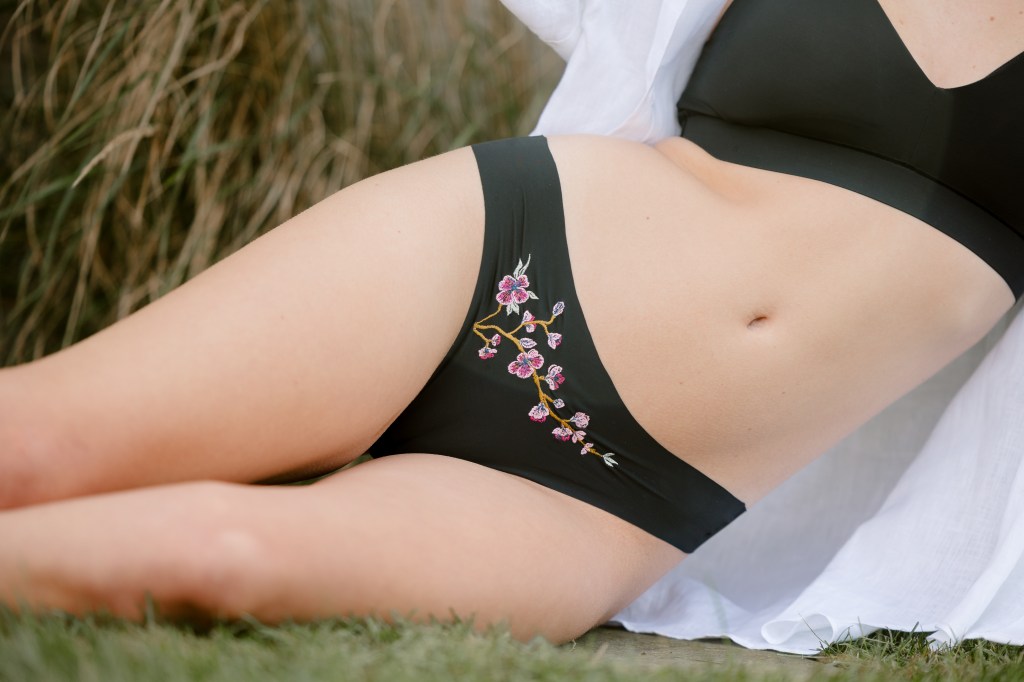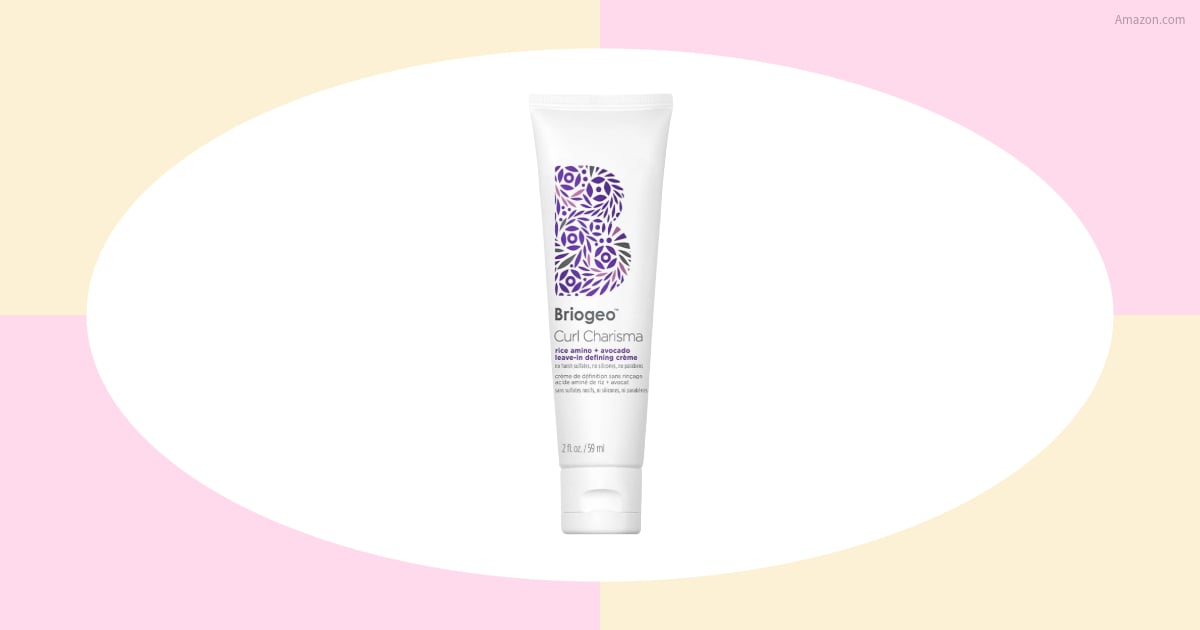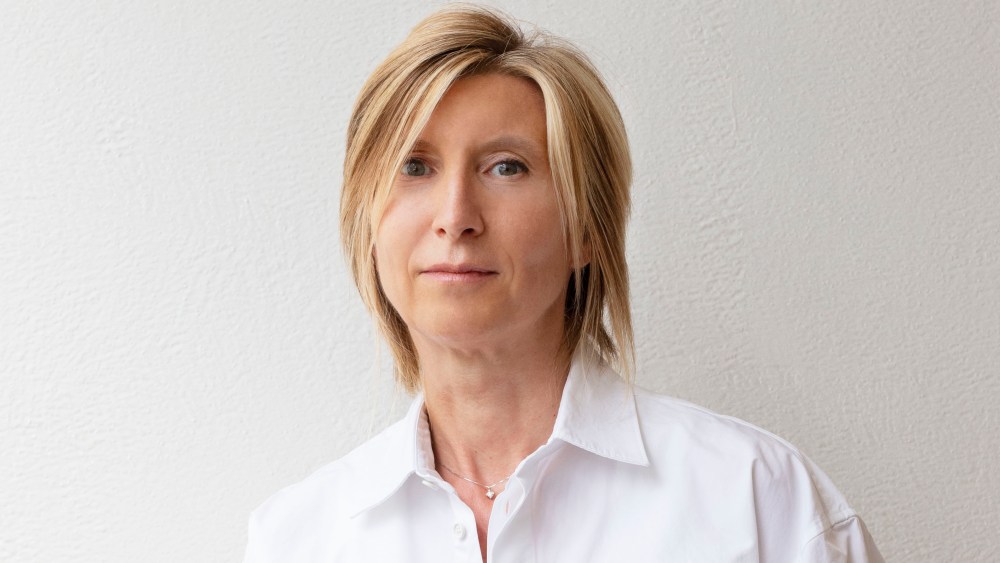Undergarments have always had a sustainability problem. Pre-owned items can’t be recycled or upcycled back into fashion, and most resale sites won’t touch them. Meanwhile, the elastics, polyesters and nylons in blends and trims slow down degradation at end-of-life. As a result, much of the 11 million pounds of underwear that gets tossed in the trash — every day — can languish in landfills for centuries.
Intimates brand Uwila Warrior has found a solution in biochemistry. The Boston-based company has partnered with sustainable textiles technology CiClo, whose additive enables synthetic textiles to behave and biodegrade, just like natural fibers. This is the first intimates brand to partner with CiClo technology.
“CiClo technology helps the polymer chain of the nylon or polyester break up into smaller bits. So, when CiClo-enhanced fibers end up in environments where natural biodegradation occurs, microbes will ‘digest’ them at the same rates as natural fibers such as wool,” said Lisa Mullan, founder and chief executive officer of Uwila Warrior. “As a result, our CiClo-enhanced undergarments will decompose in landfill in two years versus 200 years.”
Uwila Warrior is relaunching its Happy Seams line of silky, “barely there,” laser-cut undies, thongs and camisoles as Better Briefs on Jan. 24, the name being a nod to the revamp’s “better, more sustainable” life cycle. A dedicated landing page on the uwilawarrior.com explains Better Briefs’ sustainability push and how the CiClo partnership improves such efforts. (CiClo technology chemistry is patented, has Oeko-Tex Eco Passport certification and is studied for biodegradation by third-party labs using internationally recognized ASTM and ISO test methods.)

Cognizant that sustainable undergarments must also be fashionable first, Uwila Warrior has added decorative embroidery to many Better Briefs styles using sustainable thread and is looking into bio-based lace for the future. Additionally, CiClo technology will not compromise design options, nor will it impact textile feel or durability.
“Adding CiClo technology does not at all impact the performance. The fiber, fabric or finished products are all dyed the same with no compromise in color or durability,” said Andrea Ferris, founder of CiClo, who stressed that the durability piece is key. “We’re using poly in undergarments because they are washed more often than other clothing and we don’t want them to fall apart — until they’re in landfill.”
CiClo technology-enhanced textiles also help tackle fashion’s massive microfiber problem. As the synthetic fibers can now be broken down like natural fibers, that means less microplastics in the water and overall environment. “By choosing Better Briefs, you’re joining us on our journey to solve the problem of synthetic microfiber pollution,” Mullan said.
Concurrent with Better Briefs’ direct-to-consumer rollout, the line is also launching wholesale through For Days — a sustainability-driven website whose Take Back Bag recycling program has diverted 5.5 million garments from landfills. A larger wholesale program will be introduced down the road.
While Better Briefs will come at a slight premium over Happy Seams items still in the pipeline ($58 versus $48, for camisoles, for example), Mullan is confident that the gap will drop as more and more customers grow their sustainability buy-in and help the brand scale.
“Uwila means ‘owl’ in Old German, which is a nod to our customers who are wise and don’t settle for the status quo,” Mullan said. “That relates to issues of sustainability too.”



